Brussels calls for faster military mobility and stronger cyber defence
)
The European Commission on Thursday unveiled proposals to boost the bloc's cyber defence capacities and make it easy and quicker for armed forces to cross internal borders.
"The security environment in Europe has changed dramatically since last February war is back to our borders," the bloc's top diplomat, Josep Borrell, told reporters. "We have to adapt our defence policies to this new environment."
The plan would see member states evaluate whether their transport infrastructure, from ports and airports to roads, tunnels and bridges, can be used by heavy military equipment.
EU funding would then be funnelled to plug significant gaps with an emphasis on dual-use infrastructure, meaning they can be used for both civilian and military purposes.
But the issue is not just with physical infrastructure. The Commission is also calling for shared digital tools to make the quicker for member states.
"It takes at least five days for cross-border military capacity, from one country to another. That’s too long. And that’s too long because it has been done not in a digital manner and we are trying to develop digital systems shared by all member states in order to facilitate the movement through the borders. It’s not physical, it’s not a bridge, it’s not a road, it’s 'la paperasse', like we say in France, it’s red tape," Borrell said.
On the cyber security front, the European Commission proposed the creation of new instruments including an EU Cyber Defence Coordination Centre as well as an EU-level cyber reserve with services from trusted private providers to boost cooperation and coordination among member states.
Cyberspace, Internal Market Commissioner Thierry Breton stressed, is now a "contested space".
"In a contested space obviously, you have to be able to anticipate, you have to be able to prevent, you have to be able to defend yourself, to protect yourself, but at times you also have to know how to attack."
